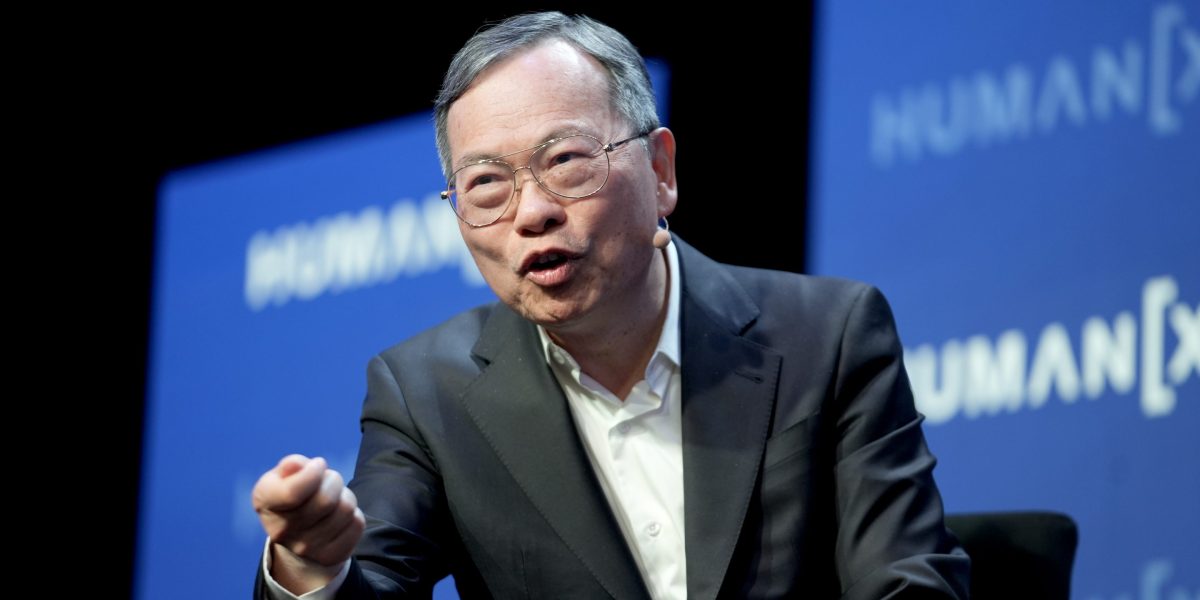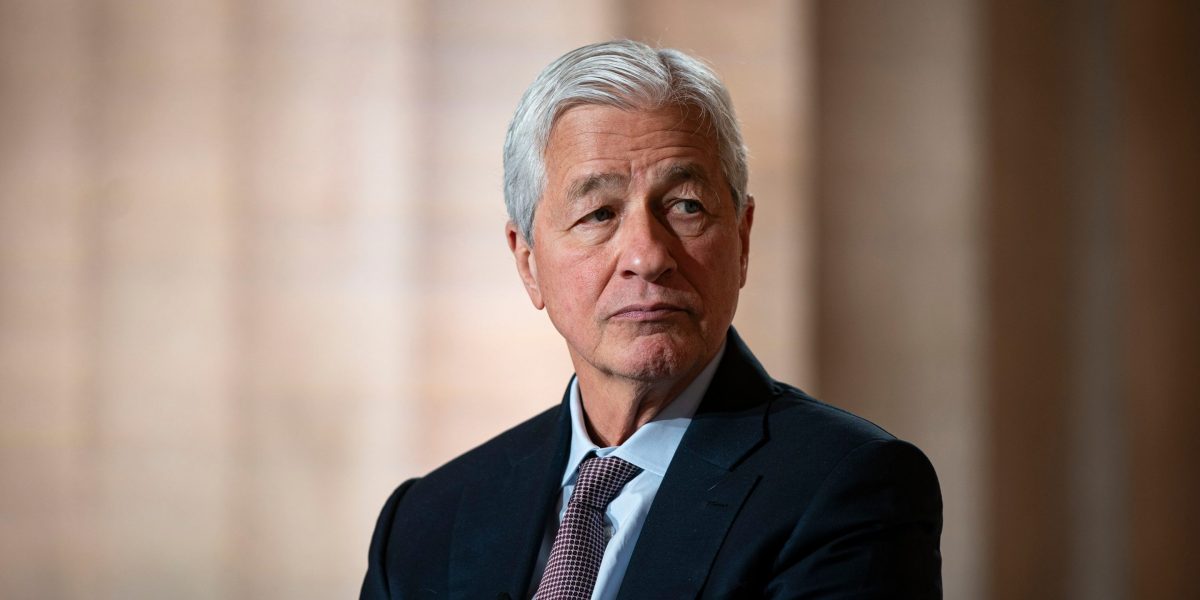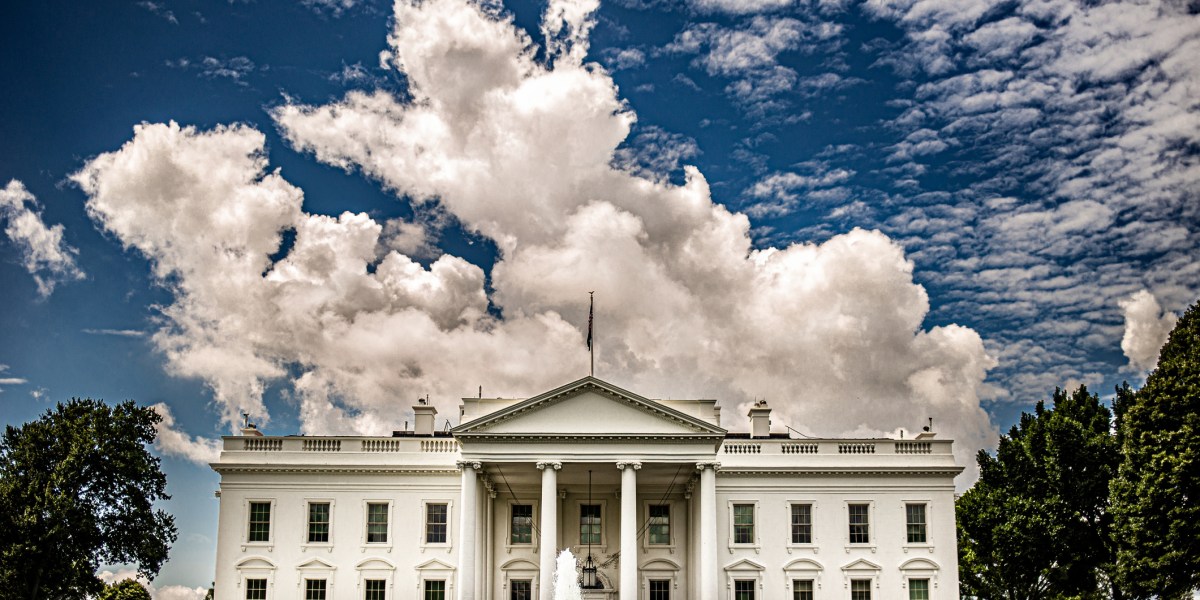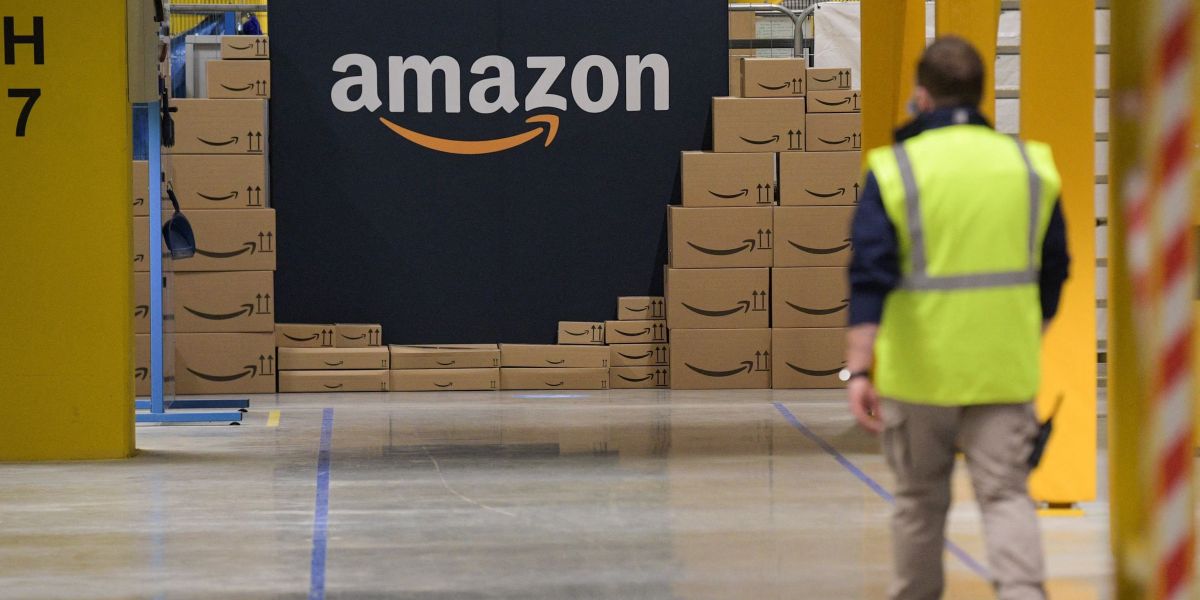- The fact prices in the bond market are in decline at the same time as the stock market suggests there may be a liquidity crisis in the financial sector happening at the same time as the trade tariff crisis. Both phenomena could be on the scale of the 2008 financial crisis, if President Trump does not change course. Some investment managers are calling for intervention by the U.S. Federal Reserve.
You can forgive yourself if, before today, you had never heard of “the basis trade.” You had no reason to.
But we might be about to learn a whole lot about basis trades in the same way that we had to suddenly learn about “credit default swaps” and “mortgage-backed securities” during the Great Financial Crisis of 2008.
Because this moment—with President Trump’s tariff program threatening to push the planet into a recession, as stocks and bonds fall—feels just as dangerous as August 3, 2007, when Jim Cramer suddenly began screaming on CNBC that the U.S. Federal Reserve had to “open the discount window” (meaning be more generous to large banks that were in trouble) because former Fed Chairman Ben Bernanke had “no idea how bad it is out there!”
That was the moment that presaged the 2008 crisis. The S&P dropped 50% of its value over the next two years as, slowly at first and then with increasing alarm, everyone realized the economy had taken on way more mortgage debt than could ever be paid off.
On Tuesday, the S&P 500 collapsed to under 5,000—around 18% below its all-time high of 6,144 in February.
Usually, when stocks go down, investors flee to the safety of bonds, and bonds go up.
But bonds were also going down. The yield on the 10-year Treasury rose from 3.9% and briefly hit 4.51%. (Remember: If yields are going up, it means bond prices are going down).
This was unusual
Scarily, mysteriously unusual. It meant there was nowhere “safe” for money to hide.
Then, also on Tuesday, Torsten Sløk, the chief economist of Apollo Management, published a fantastically helpful note explaining the likely problem in the bond market: “The basis trade.”
It turns out that since the Great Financial Crisis of 2008, hedge funds have been placing bets with up to 100 times leverage on the price difference between Treasuries and Treasury futures contracts. In the bet, to put it simply, you buy the Treasury bond and then short the differently priced futures contract on a similar bond. As the bond comes up on its expiry date, the prices converge. The futures price comes down, and your short bet pays off.
The price differences are small, and that is why hedge funds use 100 times leverage to make money on them.
“How big is the basis trade?” Sløk asked. “It is currently around $800 billion and an important part of the $2 trillion outstanding in prime brokerage balances.”
The liquidity problem
The only problem with leverage, of course, is that you have to pay it back.
And what the bond market—with its falling prices—seemed to be signalling was that there was a liquidity problem among hedge funds and banks that were scrambling to exit the basis trade in order to raise and hold cash.
When there is a liquidity problem on that scale, you’ve potentially got systemic, institutional issues. Ark Invest’s Cathie Wood posted on X, albeit in reference to a different aspect of the bond market, there were “serious liquidity issues in the US banking system.”
“This crisis is calling out for … serious support from the Fed,” she said.
She’s not the only one who is worried.
Jefferies’ chief U.S. economist, Thomas Simons, published a note to clients Wednesday morning titled, “We Could See Fed Intervention Soon.”
Nick Lawson, chief executive of investment group Ocean Wall, told the Financial Times, “As things spiral, they’re [the hedge funds] being forced to sell anything they can — even good assets — just to stay afloat … if the Federal Reserve doesn’t step in soon, this could turn into a full-blown crisis. It’s that serious.”
This sounds a lot like 2008
That is why it is so scary.
But this time, it is potentially worse than 2008.
The trigger of this crisis is not merely a couple of hedge funds making some bad bets on Treasuries. It’s President Trump’s trade tariffs. The White House has all but called a halt to any international trade with America—and the stock market is reacting negatively as a result.
To put the scale of what Trump is doing in perspective: Trump’s tariffs might spell the end of Apple’s iPhone for American consumers. The tariffs on China mean the price of a new iPhone could rise to $3,500, according to Wedbush analyst Daniel Ives. That price assumes Apple could make an iPhone inside the U.S., thus avoiding the China tariff. But that’s impossible, Ives says, because it takes years to build the kind of semiconductor fabrication factories needed for a smartphone. And even if you could do it, the phones would be too expensive for anyone but the very rich. “The reality of a $1,000 iPhone being one of the best made consumer products on the planet would disappear,” Ives says.
Goldman Sachs sent their clients a note on Wednesday that says, “The implied growth downgrade on April 3 and 4 [from the tariffs] exceeded anything seen outside the initial COVID shock, one episode in the GFC, and Black Monday in 1987,” analysts Dominic Wilson and Vickie Chang wrote.
With those prospects, it is not surprising that stocks are selling off. The tariffs will simply prevent many companies from being in the business they are in.
Back in February—it feels like a lifetime ago but it was just a few weeks!—all the chatter was about the “soft landing” the U.S. Federal Reserve seemed to have engineered for the U.S. economy. The American economy had hit a few bumps last year, but it was fundamentally sound. Stocks were anticipating good times ahead. Even the recent job numbers for March looked good.
All that has now gone
Of course, there is a cure for this. Trump can reverse his trade policy. But he is not known for backing down or admitting he may have made a mistake. Alternatively, Congress could step in and pass a bill taking back control of tariff policy.
Absent those two conditions, we may now have not one but two 2008-scale crises at the same time, both feeding each other: The crisis among companies who suddenly cannot trade; and a crisis in the financial sector, which suddenly can’t locate enough cash to stay liquid.
This story was originally featured on Fortune.com
Source link

 Entertainment8 years ago
Entertainment8 years ago
 Politics8 years ago
Politics8 years ago
 Entertainment8 years ago
Entertainment8 years ago
 Entertainment8 years ago
Entertainment8 years ago
 Tech8 years ago
Tech8 years ago
 Tech8 years ago
Tech8 years ago
 Tech8 years ago
Tech8 years ago
 Politics8 years ago
Politics8 years ago







